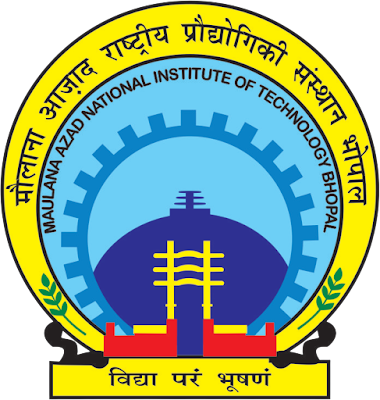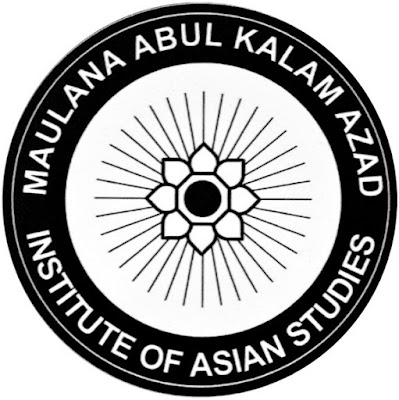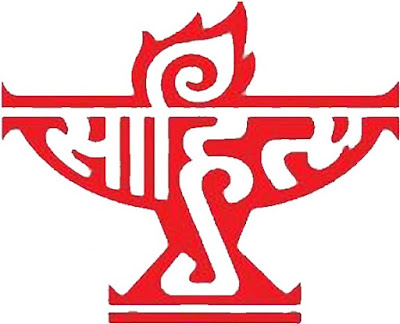MAULANA AZAD NATIONAL INSTITUTE OF TECHNOLOGY BHOPAL

MAULANA AZAD NATIONAL INSTITUTE OF TECHNOLOGY BHOPAL Maulana Azad College of Technology (MACT) started functioning in 1960 at Government S.V. Polytechnic with an intake of 120 students and seven faculty members. The Institute is named after the renowned educationist and scholar, Maulana Abul Kalam Azad, former Union Education Minister of India. Its emblem in yellow, blue and red colours has three eccentric circles all touching at the bottom has the Great Stupa of Sanchi with its entrance as motif. This is surrounded by a gear wheel and its name in English. All these are ensconced by another circle with its name in Hindi supported by a pair of laurels. Its motto ‘विद्या परं भूषणम्’ meaning ‘Knowledge is the Supreme Ornament’ is written on the the pedestal holding all these.

